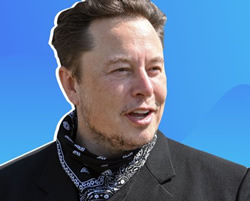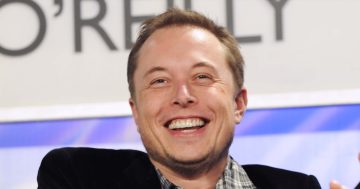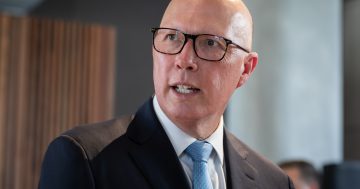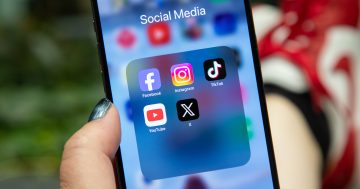Elon Musk is believed to have finally made the change that could actually save Twitter but journalist *Bill Murphy thinks there’s just one problem.
 “I like the idea”, said Bill. “Stay tuned to see how it works out:
“I like the idea”, said Bill. “Stay tuned to see how it works out:
He said it was a radical business theory that had two parts:
- Pay people to do the things that you want them to do, and
- Don’t pay people to do things that you don’t want them to do.
“It sounds so simple, but it really is rarer than many of us would like to admit.” He said.
Most businesses simply don’t set up their compensation and reward structures this way.
Sometimes businesses don’t have a choice: They’re poorly aligned because there are legal concerns, or pure inefficiency.
Sometimes, their owners don’t truly understand their own businesses and the levers they could pull to improve them. So they don’t always know what they want an individual contributor to do.
Often, it’s because even if they understand what they need people to do, they don’t know how to articulate it and communicate it effectively.
With that, we come to Twitter and its megabillionaire owner, Elon Musk, who just took a potentially giant step toward aligning the incentives between some of Twitter’s most prolific and popular contributors and the platform itself.
As a result, (again, “potentially”) creating a rare species: a business in which people get paid to do things the boss wants, but don’t get paid to do things the boss doesn’t want.
Heck, if you believe Twitter is on the ropes, it just might be the change that could save the platform.
Let’s spell out the details.
Back in February, Musk said Twitter would start paying a share of Twitter ad revenue to some creators who got a lot of engagement on the platform. Last month he said the initial payments would amount to more than $5 million.
Then, last week, at least some of the money apparently started flowing, or at least trickling.
By the end of the day Thursday, dozens of creators had tweeted screenshots showing that they’d been paid hundreds or thousands of dollars or more, representing their share of advertising revenue dating back to when Musk announced the idea in February.
Now, there’s no way to know exactly who got all the cash (obviously not everyone started tweeting about it), or what percentage of Twitter’s ad revenue it represented (even though Musk says Twitter’s ad revenue is down 50 per cent, $5 million seems like it’s probably a drop in the bucket), or much else.
Also, you have to have a paid/verified account to be eligible, and then apply and be accepted to the program.
Frankly, all those things we don’t know amount to the overall problem, at least for now, which is a lack of transparency.
Alongside the triumphant posts from some Twitter creators after they got paid, for example, were lots of complaints from other Twitter creators who said they’d applied for the program but couldn’t get an answer.
Still, I like the idea:
Create content for Twitter that prompts engagement from users and keeps them on the platform? You’d get compensated.
Create content that people ignore, or that prompts them to leave the platform (to click on your link or buy your products, etc.)? You wouldn’t get compensated.
Stay tuned to see how it works out.
The opinions expressed here by Inc.com columnists are their own, not those of Inc.com.
Elon Musk Finally Made the Change That Could Actually Save Twitter. There’s Just 1 Problem
*Bill Murphy wrote the story.
It first appeared in Inc Australia.









